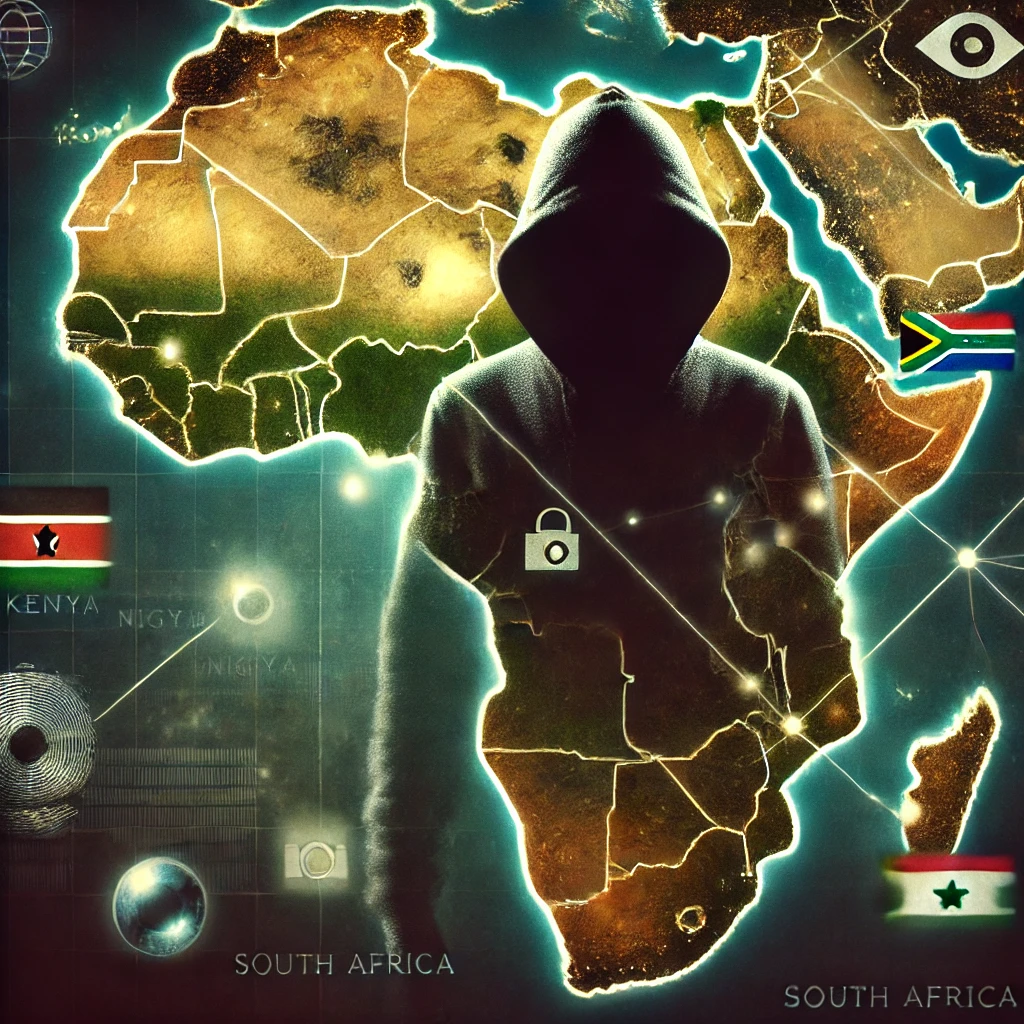
“Understanding Gangstalking in Africa: A Targeted Individual’s Journey”
Published on: March 22, 2025

Published on: March 22, 2025
Reports of community stalking, also known as gangstalking, are now increasing in African countries. The covert torture methods used to silence political opponents, whistleblowers, or even individuals with a positive outlook—those whose inner light still shines—were most likely misdiagnosed or not properly understood. Is Gangstalking in Africa a New Phenomenon, or Was It Simply Not Recognized Before? Here are key reasons why gangstalking of targeted individuals has remained largely unnoticed until now:
Many African countries have limited awareness of psychological manipulation, bullying techniques, and organized stalking methods. This lack of understanding contributes to gangstalking being overlooked or misdiagnosed as something else.
Authorities in many African countries are ineffective or corrupt, allowing systemic harassment to persist without legal consequences. This makes it difficult for victims to find justice or support.
In many African communities, tight-knit social networks can create situations that resemble gangstalking without it being recognized as such. Rumors and social control can contribute to this form of harassment.
There are very few investigative journalists or platforms willing to explore and expose the issue of gangstalking, leaving many cases unnoticed and unreported.
Issues like poverty, crime, and political instability often take precedence in African countries. This means individual cases of targeted harassment receive little attention and may be dismissed.
Psychological Effects:
Physical Effects:
Social & Economic Consequences:
Extreme Cases:
Since gangstalking is rarely acknowledged, many victims fall into a vicious cycle of isolation and self-doubt. Support is hard to find, as outsiders often dismiss the issue or fail to take it seriously.